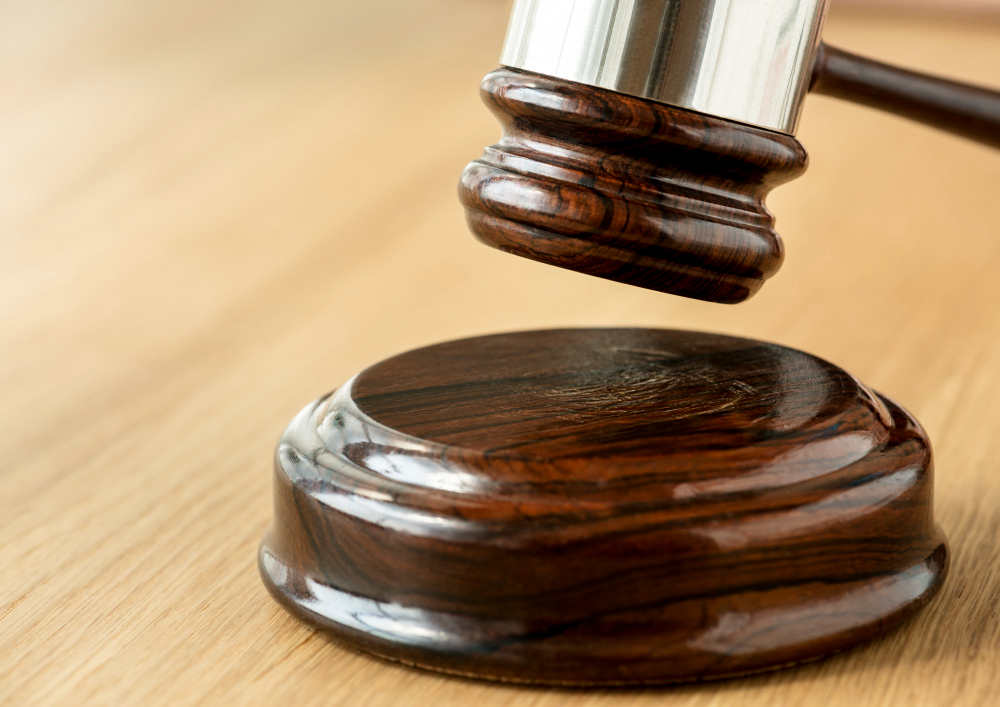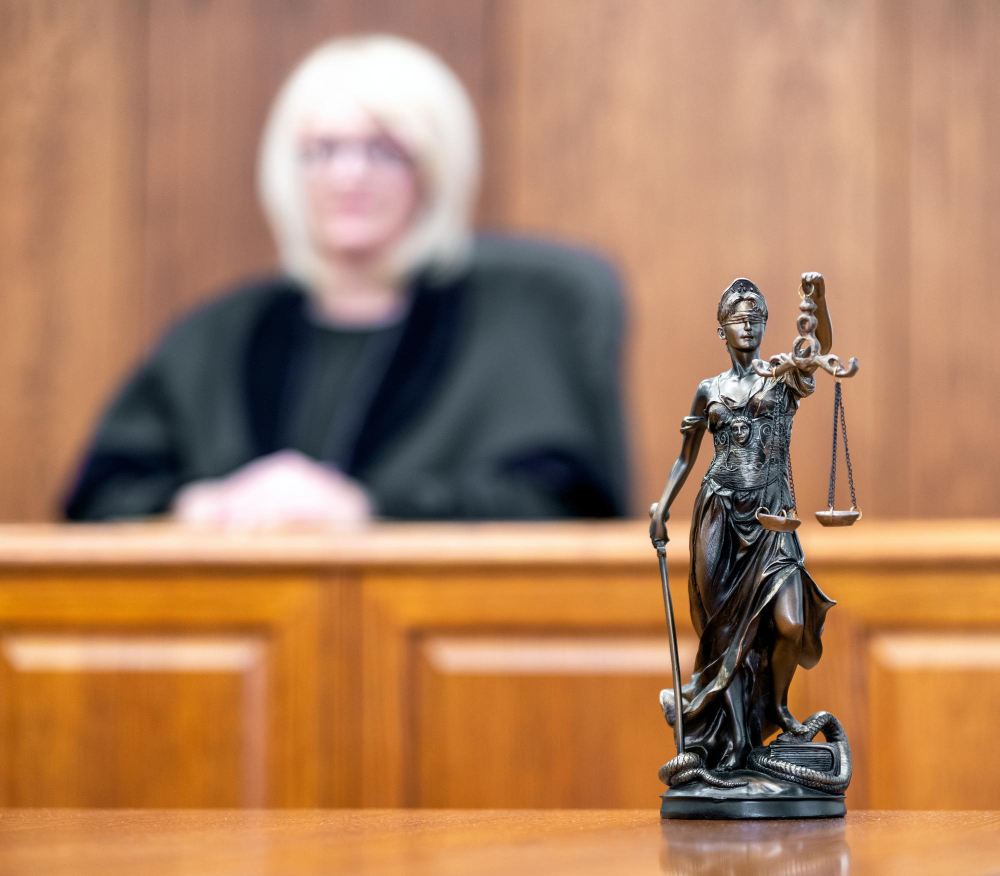Last updated on
Legal decisions shape our future, from landmark cases transforming societies to rulings impacting daily life. They wield significant power in shaping laws and policies. Understanding court rulings is crucial for informed citizens and societal progress.
In this blog post, we explore their significance in influencing societal change, analyzing their role in reshaping our reality and shaping tomorrow’s world. Buckle up for an informative deep dive into the dynamic world of court rulings and their profound implications on our society.
Explanation of How Court Rulings Impact Laws and Policies

Court rulings have a direct impact on laws and policies in modern society. Their decisions set precedent, providing guidance for future cases and shaping how laws are interpreted and applied.
When a court ruling is made, it becomes part of the legal system and can influence the outcome of similar cases in the future. This means that the actions taken by judges can have long-lasting effects on our laws and policies, shaping the rights and responsibilities of individuals and the boundaries of government power.
Court rulings also have a ripple effect, as they can influence legislation and policy-making at both the local and national levels. This demonstrates how court rulings play a critical role in shaping our legal system and ultimately our society.
Discussion on Landmark Court Cases That Have Shaped Our Modern World
Throughout history, landmark court cases have shaped the modern world. For instance, Brown v. Board of Education played a crucial role in the Civil Rights Movement by declaring school segregation unconstitutional.
Similarly, Roe v. Wade established a woman’s right to choose and access safe abortion services, sparking ongoing debates on reproductive rights. These rulings demonstrate how court decisions can have far-reaching consequences, impacting individuals and society as a whole.
Another notable case is mcculloch v maryland, which established federal supremacy and strengthened the power of the federal government over states. These cases showcase how court rulings shape laws and policies, paving the way for progress.
Analysis of Recent Court Rulings and Their Potential Long-term Effects on Society

In recent years, two court rulings have sparked debate and highlighted the power of court decisions to shape our society. Obergefell v. Hodges, a 2015 Supreme Court ruling, legalized same-sex marriage nationwide, increasing LGBTQ+ rights and fostering inclusivity.
Conversely, Citizens United v. FEC, a 2010 Supreme Court ruling, allowed unlimited and undisclosed corporate spending in elections, raising concerns about money’s influence on politics and democracy. These cases show how court rulings can have positive and negative effects, emphasizing the need for careful analysis of their long-term implications.
The Role of Judicial Precedent in Influencing Future Court Decisions
Court rulings profoundly influence future judgments through judicial precedents. These precedents provide consistency, predictability, and a framework for interpreting laws.
While judges often rely on previous cases for guidance, they can deviate from established rulings if circumstances or societal norms change significantly. This dynamic evolution of judicial precedent shapes our modern society.
Impact of Technology on Court Rulings and the Legal System
Technology has also had a significant impact on court rulings and the legal system. With advancements in artificial intelligence, judges now have access to data-driven tools that can assist in determining sentences for criminal cases.
However, this use of technology raises ethical concerns regarding bias and transparency in decision-making. The use of algorithms and predictive analytics has the potential to perpetuate existing inequalities and create a system of “digital discrimination.”
As technology continues to advance, it is essential for the legal system to carefully consider its use in court rulings and ensure that justice is served fairly and equitably.
Influence of Political Ideologies on Court Rulings
Political ideologies have long been a factor in court rulings, as judges are often appointed by elected officials who align with their own beliefs. This can lead to partisan decisions that may not always be in the best interest of society or uphold the principles of justice and equality.
In recent years, there has been a growing concern about the politicization of courts and its impact on the balance of power between the three branches of government. Courts must remain impartial and prioritize the rule of law over political ideologies to maintain a fair and balanced justice system.
Court rulings hold immense power in shaping our modern society. From impacting laws and policies to setting judicial precedents, they play a crucial role in shaping our present reality and influencing future developments.
As technology advances and political ideologies continue to influence decisions, the legal system needs to prioritize justice and equality for all individuals. By understanding the significance of court rulings, we can be better informed citizens, actively engaging with issues that impact our society and working towards a more equitable future for all.
Table of Contents




